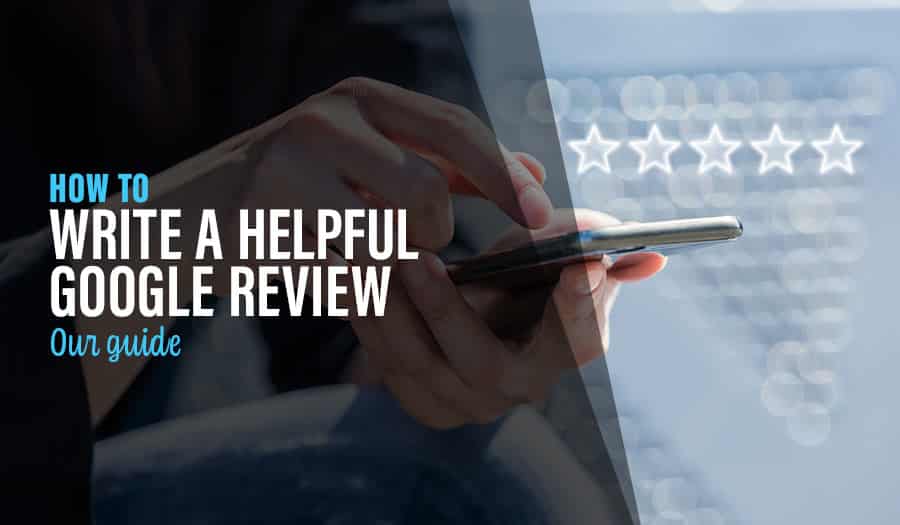When designing a website for your business, do you think mainly of great design, engaging graphics, a strong call-to-action, or a user-friendly interface? These are all important, but there’s something even more fundamental than these factors. Why are you building the website? The first answer that pops into your mind might be “to get traffic” or “to get more leads and make more sales.” However, if we dig a little deeper, we come to a more meaningful sense of “why?”
What really inspires and motivates you to do what you do? When you can answer this definitively, you’ll find that your message is clear and your customers are more open to you. Let’s look at why your website should start with why.
Why Your Website Should Start With Why
Why Ask Why?
The popular author and speaker Simon Sinek gave a widely viewed Ted Talk a few years ago explaining how businesses that start with why are better able to engage with customers than the typical approach of focusing on how and what. He gives the example of Apple, a company with fanatically loyal customers. People often credit Apple for its expertise in branding itself, as with the slogan “think different.” However, Sinek zeroes in on what makes Apple stand out is that it starts with the why rather than emphasizing product features and benefits.
Why in this context refers to the fundamental reason that your business exists. While making money and getting more customers are every business owner’s goal, these aren’t -or shouldn’t be- the real why of a business. The underlying why is connected to your core vision and what you want to accomplish. It’s what makes your business unique. Nowadays, your website is your digital calling card that reflects your goals and values. Ideally, you want it to communicate the ultimate why of your business.
Tips to Identify and Communicate Your Why
Here are some guidelines for understanding the why and ensuring this comes across on your website.
- What’s the greatest value that your product or service provides to your customers? This is a clue about your real purpose and it’s something to communicate throughout your website.
- Understand your customers. The more you know about your customers’ needs and preferences, the easier it is to connect with them and show them why your business’ matters. If you’re targeting the wrong customers, your why and what they need isn’t a good match. Forming an accurate buyer persona is a good first step. Then ask yourself how to communicate with your typical customer.
- Develop brand consistency that reflects your why. Your website is a powerful tool for communicating your core values. It’s vital to use language, images, and an overriding style that accurately captures your why. Likewise, make your message consistent across all of your platforms, such as email, social media, advertising, and anywhere else your message appears. Refer back to your buyer persona and ask yourself if your content is an appropriate match for such a person.
- Stay engaged with your customers. This includes customer support on your website (and perhaps other types of support such as phone and social media), answering queries promptly, and asking your customers’ opinions on various issues. For example, when you publish a blog post, invite readers to leave comments. Consistent communication helps you stay in touch with your audience and true to your values.
Let Your Website Express Your Why
When you understand why you do what you do, it gives you an edge over the competition. As Simon Sinek points out, most companies reverse this and start with how and what. In fact, many never get to why at all. This results in a generic approach to business and, consequently, on business websites. You want to get beyond simply publishing content to drive sales. Get to know your customers and show them that your why aligns with their needs. Make this clear with all of your website content when you understand why your website should start with why you’re in a position to stand out and deliver exceptional value to your customers.
Find out how Pixel Fish can help your business grow with beautiful web design and expert digital marketing strategies: contact us.
Let Sydney’s leading Web Design Agency take your business to the next level with a Pixel Fish Small Business Website.
Check out some of our latest Website Design projects and Testimonials.
Further Information:
10 Interactive WordPress Plugins to Bring Your Website to Life
Hidden Hacks: How to Check if Your WordPress Website Has Been Hacked
10 Tips to Optimize the Your Web Design Typography
10 Tips that Maximise Your WordPress Website Design ROI
12 Tactics to Increase WordPress Website Speed
13 WordPress Security Features that Protect Your Users
Top 10 Installing WordPress Plugins Best Practices
8 Cutting-Edge Web Design Trends to Incorporate Into Your Website
Top 8 Advanced WordPress Features and Plugins to Beat Your Competition
9 Business Web Design Package Features Your New Website Must Have



